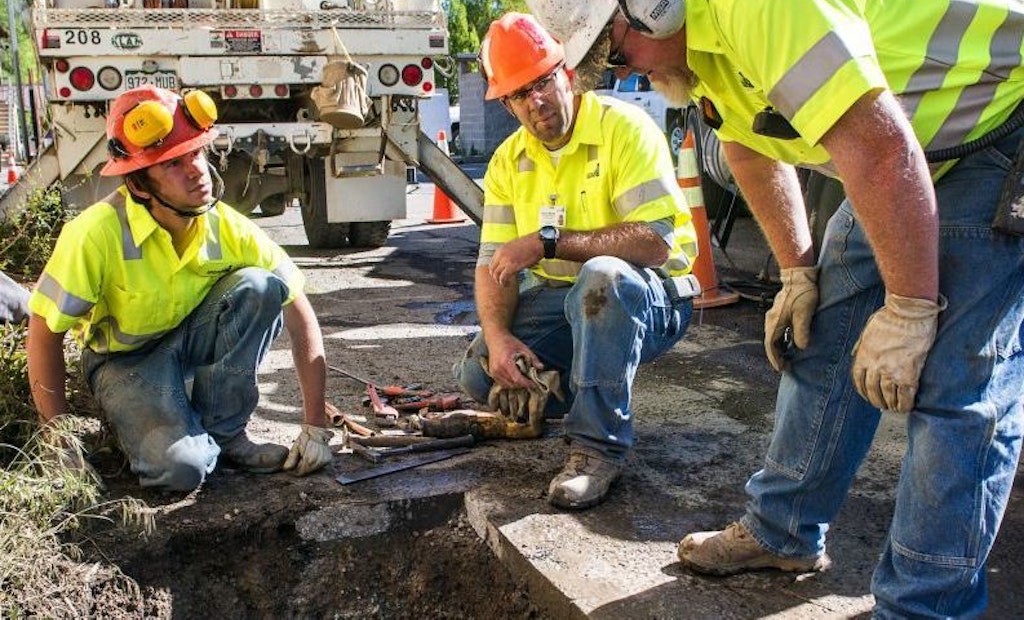When you hire new team members, you have a certain set of expectations for them. Ultimately, you want them to be punctual, productive and quality-minded members of your company, adding real value and upholding your crew's mission and values.
Of course, you can’t hand-hold workers or micromanage them every step of the way. You have to trust them to perform at a high level and to meet certain expectations. That’s really a matter of accountability. Each team member needs to have a clear sense of the standard to which you’re holding them, and they need to be prepared to meet that standard even when you’re not looking their way.
Here are some simple, yet effective suggestions to build accountability into your team dynamic.
Set expectations
It’s unfair to hold workers accountable to a standard you haven’t clearly articulated to them. Make sure you’re very clear about the kind of professionalism you expect from employees, ideally outlining your expectations in an employee handbook or similar document. Begin this early; start clarifying your standards during the onboarding process.
Give feedback
One of the biggest mistakes you can make as a manager is reserving all your feedback for annual employee reviews. Such sporadic appraisal hardly helps people stay accountable. Instead, take the time to offer both praise and constructive criticism whenever you have the chance. Don’t wait until someone messes up a dozen times before you tell them; bring it to their attention the first time there’s a problem and set them on a path for course correction.
Provide autonomy
Simply put, accountability doesn’t exist apart from real freedom and responsibility. You need to show your team members that you trust them to carry out their tasks without being micromanaged. Once employees are onboarded and start to get the swing of things, delegate some responsibilities to them, being sure to outline your expectations for the results.
Be clear about consequences
There are probably some types of behavior your utility can't tolerate and must penalize. That’s perfectly appropriate, but it’s vital to be clear about what the punishable offenses are. Again, this is something you might wish to put in writing, such as in an employee handbook.
Be mission minded
Different utility workers may have different roles and unique day-to-day duties, but you should ultimately have everyone united behind a common purpose. Make sure you have a clear sense of mission, or a list of goals, for your utility and that everyone knows how their role contributes to the big picture.
Have an open door
Holding your people accountable does not mean leaving them to fend for themselves. Make it clear to team members that they can come to you with questions or concerns. Having an open-door policy is vital for creating a culture of accountability.






